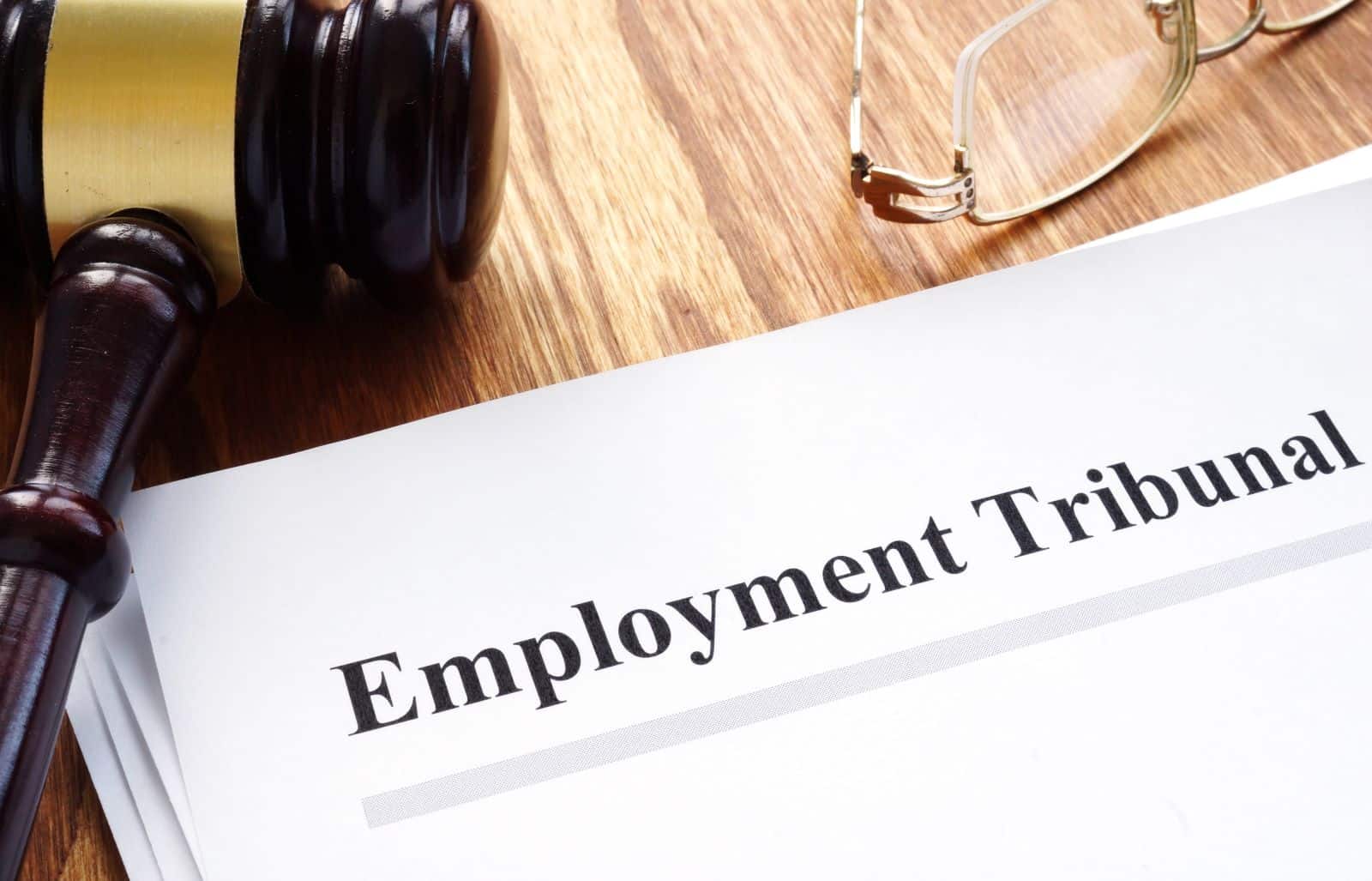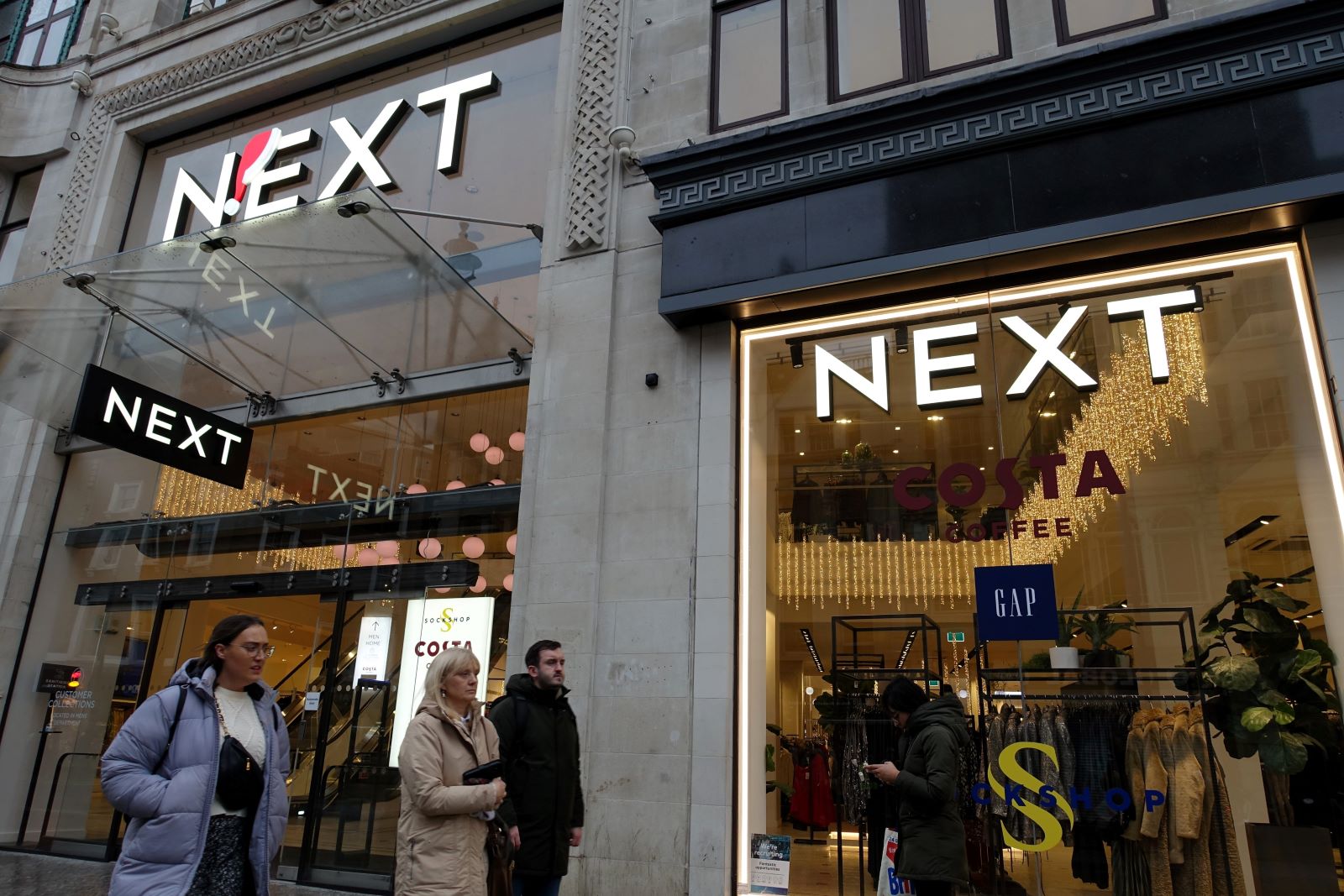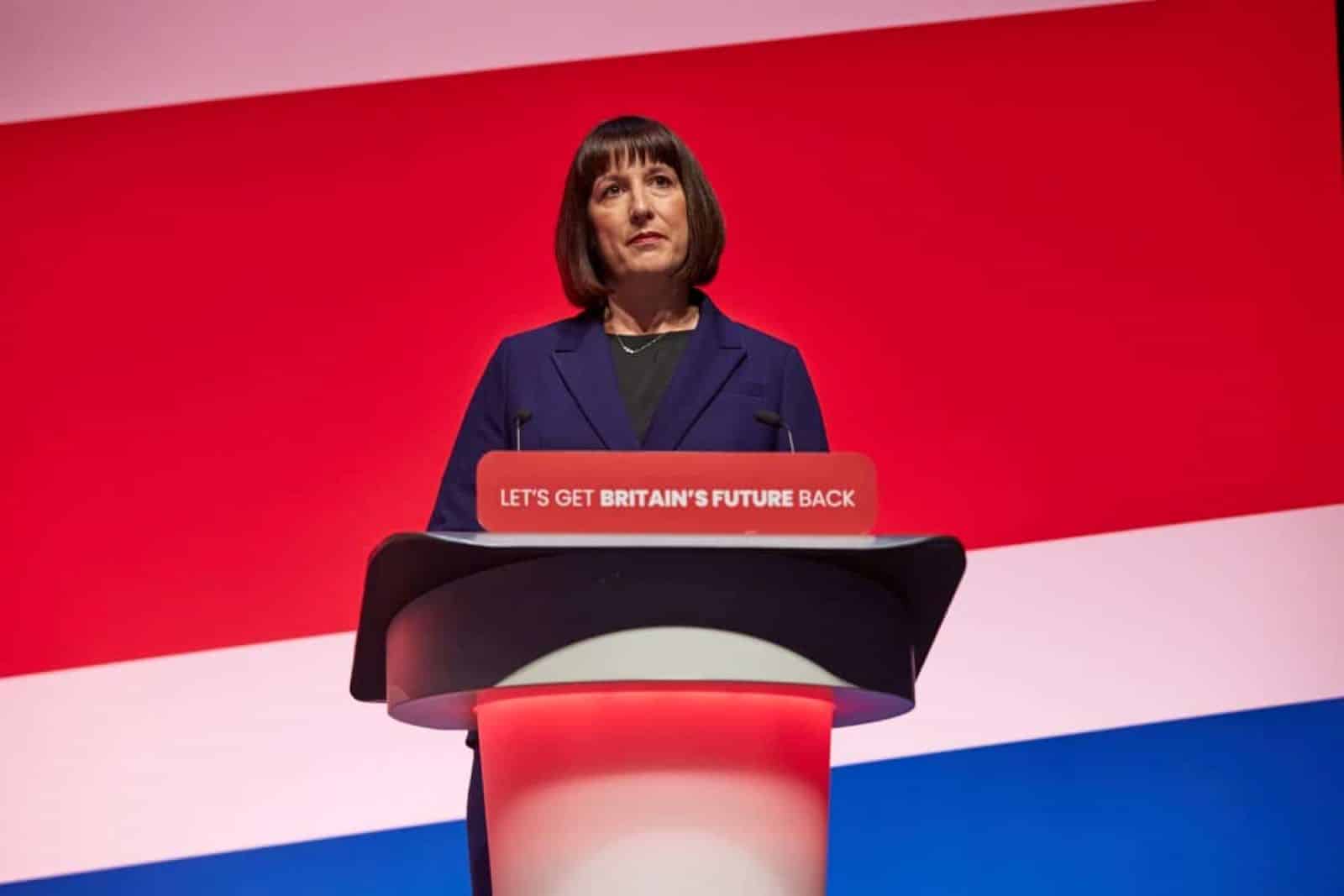In a landmark ruling, thousands of Next shop workers have won a significant legal battle for equal pay, challenging long-held industry practices. Here’s the full story.
Six-Year Battle Won

In a rare good news story, over 3,500 current and former shop workers at the UK retail giant Next have won a six-year battle for equal pay. The employment tribunal ruling marks a significant victory for the predominantly female workforce, paid less than their male counterparts working in the company’s warehouses.
£30 Million Back Pay

The case, covering 2012 to 2023, could cost Next over £30 million in back pay compensation, with the ruling expected to influence similar ongoing cases across the retail sector and beyond.
Gender Pay Disparity

The long-running legal dispute rested on the pay disparity between shop workers, 77.5% female, and warehouse workers, 52.75% male, with the warehouse staff earning between 40p and £3 more per hour than their retail-based coworkers.
Similar Physical Demands

The warehouse workers were paid a higher wage despite the tribunal acknowledging that the roles involved similar physical demands.
Market Rate Rejected

Next attempted to justify the pay difference by arguing that the higher wages for warehouse workers reflected the “market rate” and were necessary to maintain 24/7 operations, including night shifts and weekend work.
Tribunal Rejects Justification

However, this argument was ultimately rejected by the employment tribunal, though, in its ruling, it noted that the pay difference was not down to “direct discrimination,” but instead attempts by the company to “reduce cost and enhance profit.”
“Market Forces Trump Card”

The ruling stated, “For market forces to be a trump card in this way would defeat the objective of the [equal pay] legislation; lower pay in particular sectors due to indirectly discriminatory practices could then be lawfully sustained in perpetuity. There must usually be a more compelling business reason for such arrangements to be justifiable.”
Significant Victory

The ruling is a significant victory for the 3,540 claimants represented by the law firm Leigh Day, which has been at the forefront of the equal pay movement. Elizabeth George, a barrister and partner at Leigh Day, described the judgement as “hugely significant” and said it addresses “exactly the type of pay discrimination that equal pay legislation was intended to address.”
Next Could Afford It

George noted that the tribunal had “rightly found that Next could have afforded to pay a higher rate but chose not to and that the reason for that was purely financial.”
“We Lift The Same Boxes”

One of the lead claimants, Helen Scarsbrook, who has worked for Next for over 20 years, expressed her relief and satisfaction with the outcome, telling the BBC, “It has been a long six years battling for the equal pay we all felt we rightly deserved but today we can say we won. Anyone who works in retail knows that it is a physically and emotionally tough job. We do lots of heavy lifting, the same as the men do in the warehouse. We lift the same boxes they lift.”
“Undervalued Financially”

She added, “It’s an enjoyable job, but it’s not easy and it’s really undervalued financially and I just thought ‘it has to stop’.”
Legal Precedent Set

The Next case will likely set a legal precedent that could affect several ongoing equal pay claims in the retail sector, with more than 112,000 store staff from major UK supermarkets, including Asda, Tesco, Sainsbury’s, Morrisons, and the Co-op, currently pursuing similar claims.
Optimism for Future Cases

Leigh Day, which is also representing these claimants, sounded an optimistic note for the future of these cases, with one lawyer noting, “Each case will be decided on its own particular facts, but the success of the Next staff will be a huge encouragement to all these cases.”
Next Plans to Appeal

In response to the tribunal’s decision, Next announced that it would appeal, noting, “In respect of the specific terms in which the claim succeeded, it is our intention to appeal. This is the first equal pay group action in the private sector to reach a decision at tribunal level and raises a number of important points of legal principle.”
Significant Financial Liabilities

Despite this, Next will now need to address the tribunal’s findings and potentially prepare for significant financial liabilities as the process of calculating back-pay compensation begins.
Next Can Afford It

Though the estimated £30 million payout Next will need to make will undoubtedly sting, the company made £918 million in pre-tax profits in 2023 alone, so it should be able to afford to pay its workers what they are owed.
Step Towards Equality

The Next ruling, while undoubtedly good news for the claimants, has also been heralded as an essential step toward achieving gender equality in the workplace, particularly in sectors where traditional roles and market forces have long been cited to justify pay disparities.
Wider Impact Expected

With similar cases currently working their way through employment tribunals, it remains to be seen if Next will only be the first of several companies to pay the price of their discriminatory pay rates.
Brace for Impact: The Tax Increase Labour Denied Has Arrived, Reeves Delivers a Grim Outlook

Rachel Reeves delivers the gloomy news, and citizens have to accept the inevitable. The tax increase might complicate finances for some households and businesses. Brace for Impact: The Tax Increase Labour Denied Has Arrived, Reeves Delivers a Grim Outlook
Russia Issues Ultimatum to UK Over Ukraine’s Use of British Arms

Russia has threatened to attack British targets if Ukraine uses UK-supplied weapons amid rising tensions and the recent arrest of a British man charged with spying for Russia. Here’s the full story. Russia Issues Ultimatum to UK Over Ukraine’s Use of British Arms
Tommy Robinson Sparks National Outrage With Far-Right ‘We Want Our Country Back’ Protest in London

Police had their work cut out at a recent protest led by Tommy Robinson in London. Full story. Tommy Robinson Sparks National Outrage With Far-Right ‘We Want Our Country Back’ Protest in London
Featured Image Credit: Shutterstock / William Barton.
The images used are for illustrative purposes only and may not represent the actual people or places mentioned in the article.
Grant Gallacher is a seasoned writer with expertise in politics and impactful daily news. His work, deeply rooted in addressing issues that resonate with a wide audience, showcases an unwavering commitment to bringing forth the stories that matter. He is also known for satirical writing and stand up comedy.

